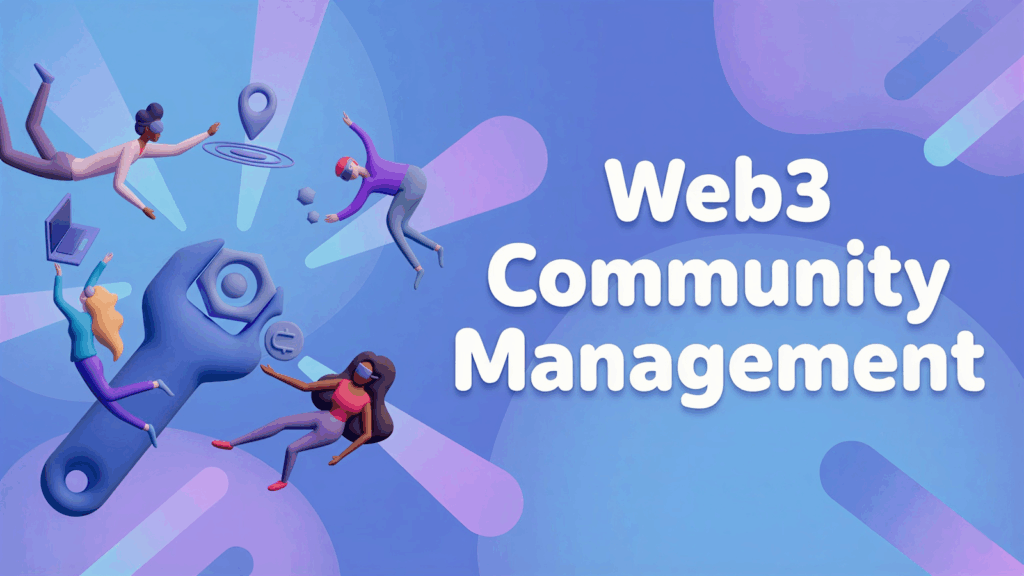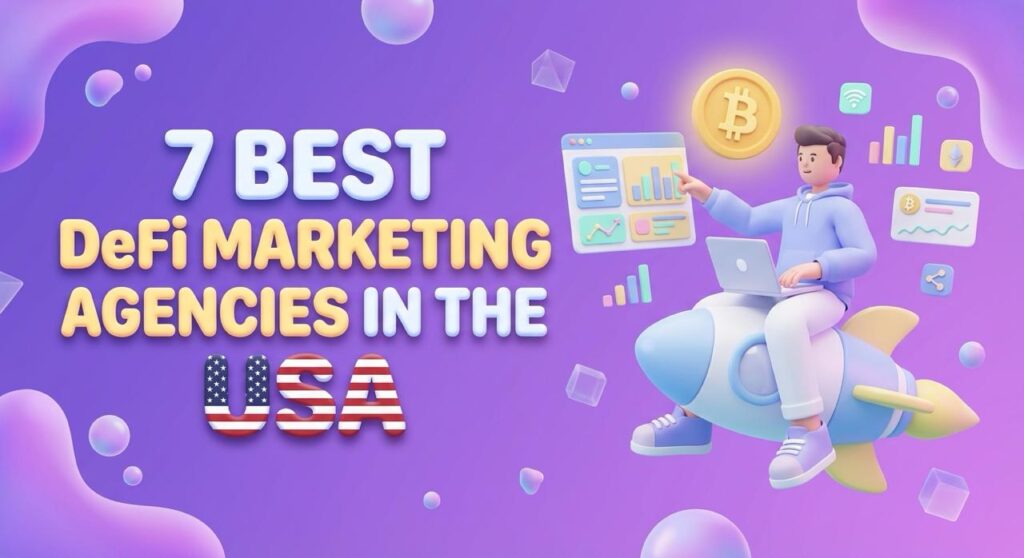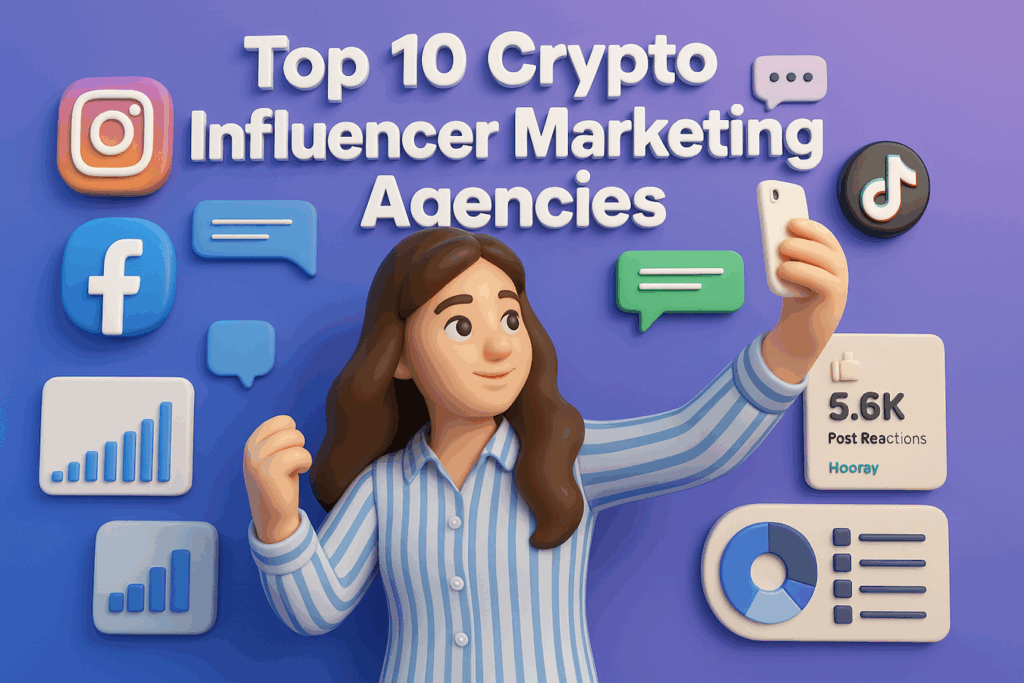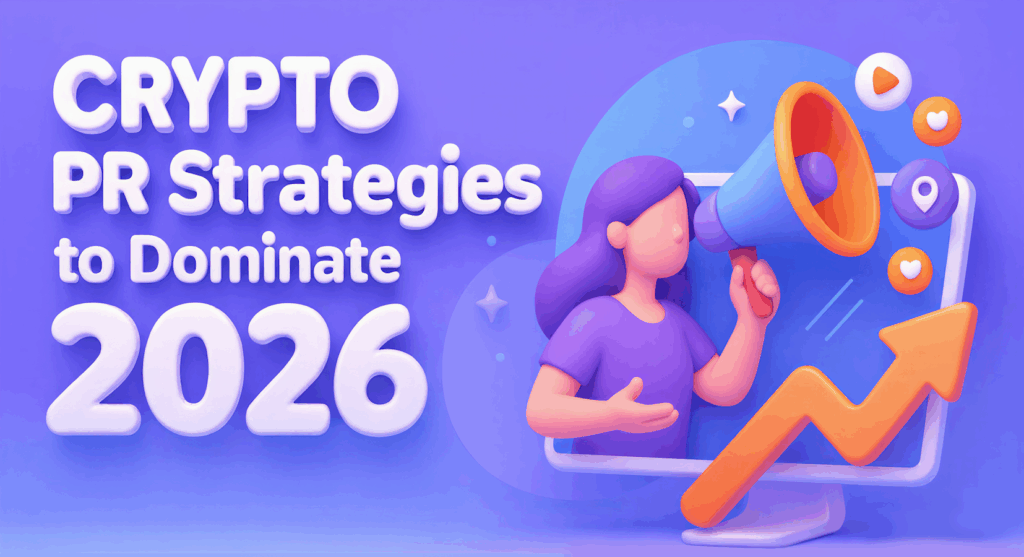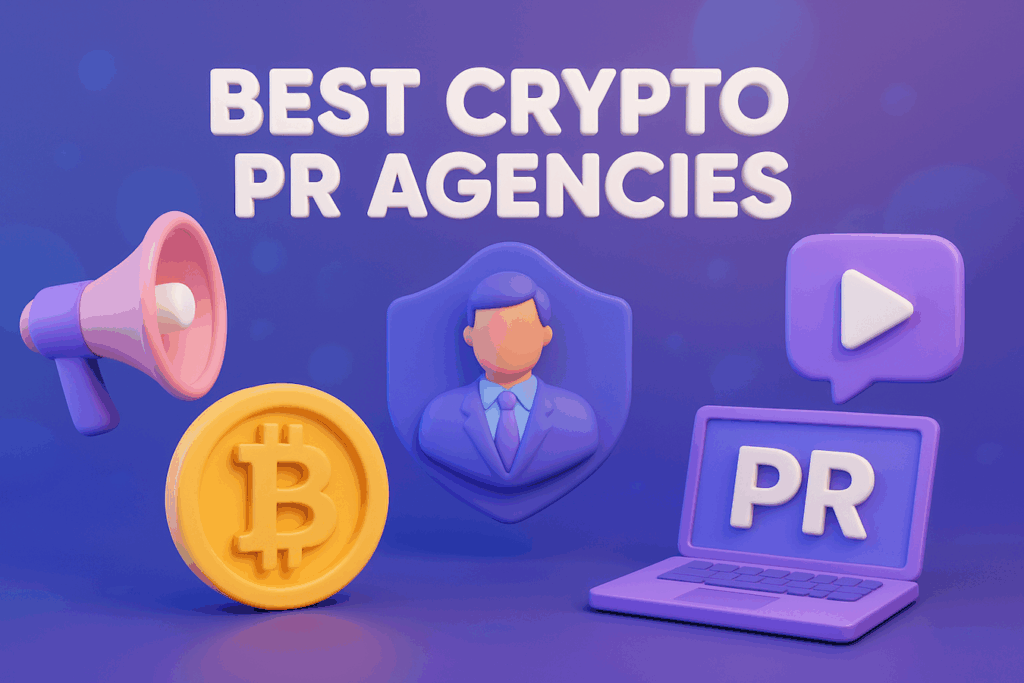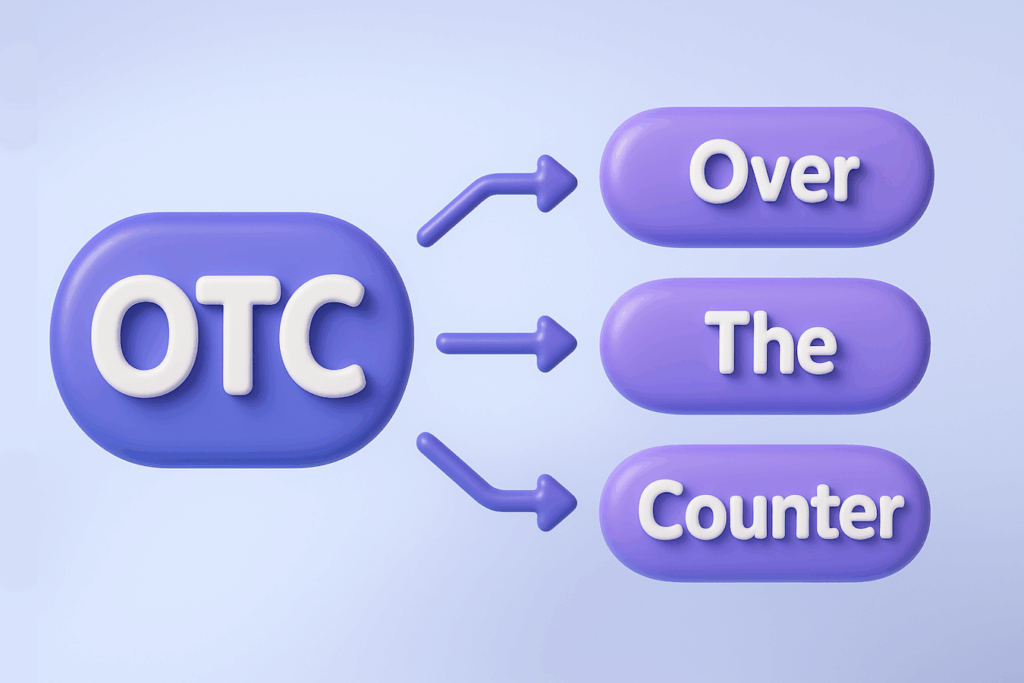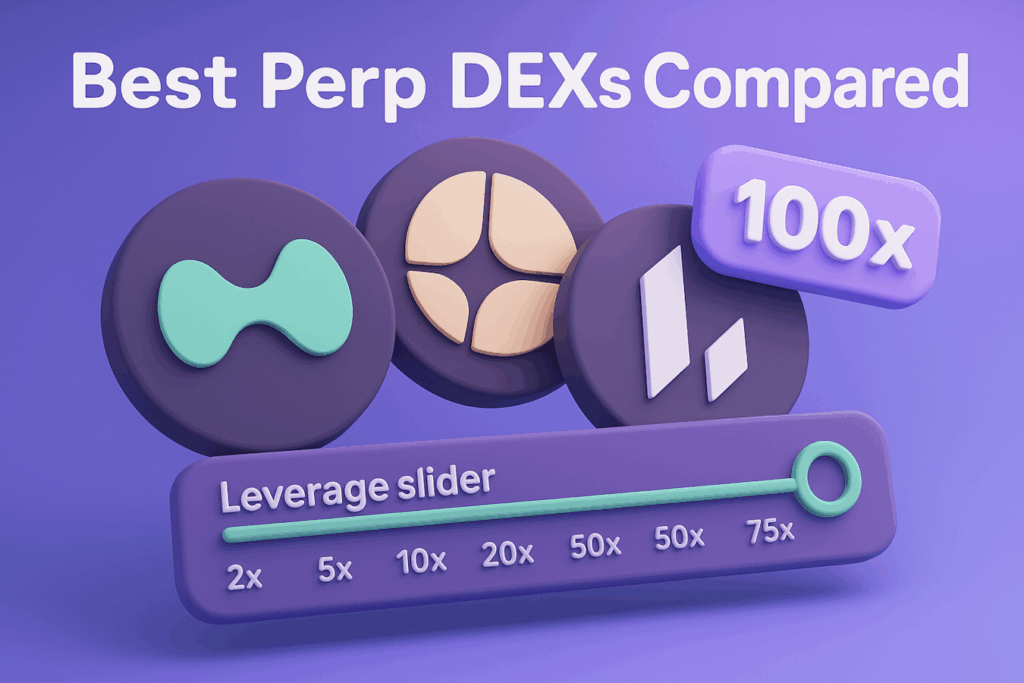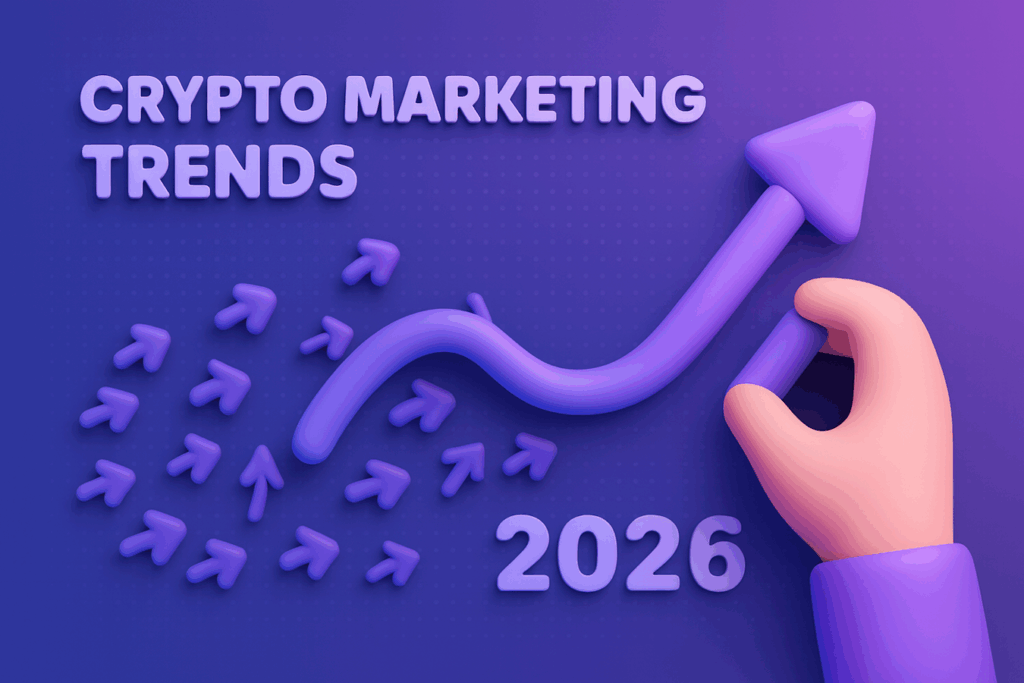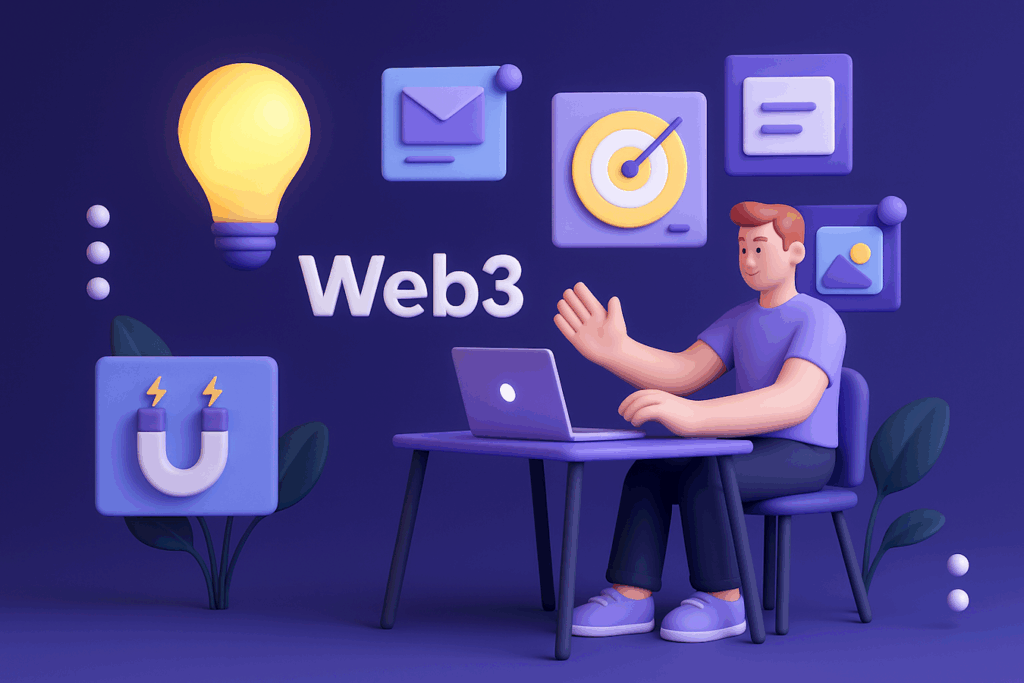Introduction
👀 Google sent 1,000 visitors. ChatGPT sent 200. Guess which channel generated more revenue?
It wasn’t even close.
The 200 visitors from ChatGPT converted at 46%. The Google traffic? Just 29%. Same product. Same landing page. Completely different results.
This is the moment most marketers miss entirely.
They’re obsessing over keyword rankings, building backlinks, and tweaking title tags—playing a game that’s already being replaced. Meanwhile, a small group of brands discovered something that changes everything: when ChatGPT recommends you by name, the people who click aren’t browsing. They’re buying.
Think about it. When someone asks an AI assistant “what’s the best solution for X?”—and your brand is the answer — you’ve already won the sale. No comparison shopping. No bouncing between tabs. Just trust, transferred instantly from the AI to you.
This isn’t some future trend to watch. It’s happening right now. And the data is almost absurd:
- 600% visibility spikes in four months
- 140% more leads without touching ad budgets
- Conversion rates that make traditional SEO look broken
The craziest part? Almost nobody is optimizing for this yet.
The brands featured in this article figured it out early. They cracked the code on AI SEO—the art of becoming the answer that ChatGPT, Perplexity, and other LLMs recommend first.
What follows are four real case studies. The strategies behind each win. The exact metrics achieved. And a repeatable framework any brand can apply.
Let’s get into it.
What Is AI Search Optimization?
AI Search Optimization positions brands as the definitive answer when users query AI systems.
At its core, AI SEO involves optimizing digital content for large language models rather than traditional search engine crawlers. It focuses on semantic understanding, entity recognition, and authoritative positioning. The goal is simple: become the answer that AI systems recommend.
AI enhances search relevance through natural language processing and contextual comprehension. It evaluates content quality, factual accuracy, and brand authority. Unlike keyword-matching algorithms, AI systems understand user intent at a conceptual level. They reward content that directly addresses questions with verifiable expertise.
| Aspect | Traditional SEO | 🔎 AI Search Optimization |
| Primary Focus | Keyword density, backlinks | Semantic relevance, authority |
| Content Structure | Page titles, meta tags | Q&A format, structured data |
| User Intent | Keyword matching | Conceptual understanding |
| Traffic Quality | Mixed intent visitors | Pre-qualified, high-intent users |
| Conversion Potential | Standard rates | Up to 2.4x higher conversions |
“We’re Already Ranking on Google”—Why That’s Not Enough
Google rankings measure yesterday’s success. AI recommendations determine tomorrow’s revenue.
It’s the most common objection. And the most dangerous.
“We’re on page one for our target keywords. Our organic traffic is stable. Why divert resources to something unproven?” The logic feels sound. The data looks reassuring. The complacency is understandable—and potentially fatal.
The question catches most marketing leaders off guard. They’ve spent years building organic visibility. They’ve invested heavily in content, backlinks, and technical SEO. The assumption that Google dominance equals market visibility feels obvious. Until it isn’t.
The math reveals the trap:
A brand ranking #1 on Google captures roughly 27% of clicks for that query. Impressive. But that assumes users click at all. When ChatGPT answers the question directly—and recommends a competitor — click-through rates collapse. Your #1 ranking becomes a vanity metric. The traffic that once converted now never arrives.
What Google Rankings Don’t Measure:
| Metric | Google Ranking | AI Positioning |
| Direct answer visibility | ❌ Not measured | ✅ Critical factor |
| Recommendation authority | ❌ Irrelevant | ✅ Primary driver |
| Pre-qualified buyer trust | ❌ User still researching | ✅ User arrives pre-sold |
| Zero-click query capture | ❌ Lost traffic | ✅ Captured through citation |
The Opportunity Cost Is Quantifiable
Consider a mid-market B2B company generating 10,000 monthly organic visits with a 3% conversion rate. That’s 300 leads monthly. If 15-20% of their target audience now uses AI search—and competitors own those recommendations—they’re losing 45-60 leads monthly to an invisible channel. At a $5,000 average deal value, that’s $225,000-$300,000 in quarterly revenue leakage.
Not lost to better marketing. Lost to absence.
The complacency trap has three stages:
1️⃣ Stage 1: Dismissal. “AI search is overhyped. Our customers use Google.”
2️⃣ Stage 2: Delayed Recognition. “Traffic is down but rankings are stable. Must be seasonality.”
3️⃣ Stage 3: Reactive Scramble. “Competitors own every AI recommendation. We need to catch up—now.”
Brands in Stage 3 pay premium costs for remediation that Stage 1 investment would have prevented. The strategic error isn’t choosing wrong—it’s choosing late.
Google rankings remain valuable. They’re not worthless. But they’re increasingly insufficient. The brands thriving today treat Google SEO and AI SEO as parallel tracks—not competing priorities. The question isn’t whether your Google rankings matter. It’s whether they’ll matter enough when 30%, 40%, or 50% of your audience asks AI instead of searching.
Case Study 1: How ChatGPT Became a Leading Traffic Source
🌟 A digital marketing agency achieved 140% lead growth by becoming ChatGPT’s top recommendation.
Context and Challenge: A specialized marketing agency sought to capture the emerging wave of AI-driven search traffic. Traditional search engine rankings were becoming less effective. Users increasingly turned to ChatGPT for direct recommendations rather than browsing search results. The challenge was clear: position the brand as the AI’s preferred answer.
AI Search Optimization Approach: The team implemented a comprehensive content restructuring strategy. All pages were reformatted into question-answer formats. Generic marketing language was replaced with specific credentials and measurable results. Vague claims transformed into statements citing concrete revenue figures and ROI percentages across documented campaigns.
Tools and Methodology: Technical infrastructure received complete optimization. Mobile-first design addressed the 89% of AI users accessing via mobile devices. Structured data schema improved AI comprehension. Content hierarchy with clear H1-H6 structure enabled efficient parsing. Page speed dropped below one second. A multi-language expansion captured international AI queries across German, Spanish, French, Portuguese, and Korean markets.
Key Results
recommendation in the competitive crypto marketing category
increase in qualified leads from AI recommendations
higher conversion rate compared to traditional Google Search traffic
timeline to achieve dominant AI positioning
Case Study 2: Achieving 600% Visibility Growth Through AI Optimization
🌟 Strategic prompt targeting delivered 600% visibility increase in just four months.
Context and Challenge: A B2B services company aimed to dominate AI-generated answers for high-value industry queries. Competition for traditional keywords had become saturated. The opportunity lay in optimizing for how users actually phrase questions to AI assistants. Capturing this emerging channel required a fundamentally different strategy.
AI Search Optimization Approach: The team focused on semantic optimization tailored for concept-based AI understanding. Metadata and headings were refined for precise context delivery to AI engines. Long-form guides and detailed case studies demonstrated deep expertise. Factual accuracy became paramount across all content.
Key Actions: Research identified specific AI-queried phrases users employed. Content was tailored to match natural language patterns like conversational recommendation requests. Backlink profiles strengthened through partnerships with reputable industry platforms. Authority signals accumulated systematically through expert positioning.
Key Results
ranking in ChatGPT for primary industry keywords
increase in visibility from AI-generated search queries
traffic boost from AI-generated answers
implementation to measurable performance uplift
Case Study 3: Capturing 286% Traffic Growth on Perplexity
🌟 Research-focused AI platforms reward authoritative, data-driven content with consistent citations.
Context and Challenge: Perplexity AI represents a distinct category of AI search—research-focused and citation-driven. Users employ it for in-depth information gathering. The platform prioritizes verifiable sources and data transparency. Ranking required different tactics than conversational AI assistants.
AI Search Optimization Approach: Content strategy pivoted toward original research with proprietary data. Semantic optimization addressed research-based AI understanding patterns. Content structure emphasized clear citations and source transparency. Expert bylines and credential verification strengthened authority signals.
Tools and Methodology: Comprehensive studies and detailed case studies showcased measurable expertise. Research-oriented phrases received targeted optimization. Content addressed queries seeking proven results, data benchmarks, and ROI studies. GA4 analytics tracked Perplexity referral performance precisely.
Results:
Key Results
traffic growth from Perplexity referrals
total sessions across Perplexity sources
engagement rate demonstrating high-quality research-intent traffic
citation status as trusted industry source
Case Study 4: ChatGPT Delivers 46% Conversion Rate—Outperforming Google
🌟 LLM search delivered 1.6x better conversion rates than Google organic—with zero ad spend.
Context and Challenge: A Web3 payment platform needed to reach crypto-native users searching for DeFi payment solutions. Traditional advertising channels proved expensive and inefficient. The target audience already used AI assistants for product research. Capturing this high-intent traffic required full-stack AI SEO execution.
AI Search Optimization Approach: Technical SEO addressed crawlability, speed, and structural issues. Schema.org markup, breadcrumbs, and structured FAQ blocks improved LLM readability. Proper canonicalization aligned with LLM summarization patterns. Content hierarchy optimized for AI parsing.
Tools and Methodology: Targeted articles answered common ChatGPT queries directly. All content became LLM-indexable and semantically rich. Internal content clusters organized payment types and integration documentation. Real-time analytics tracked ChatGPT referrer traffic via UTM parameters and GA4. Performance benchmarked against Google organic for ROI comparison.
Key Results (30 Days)
conversion rate from ChatGPT users vs. 29% from Google
performance advantage over traditional search
user acquisition boost through AI discovery
100% organic AI search discovery
Strategic Insights: Building an AI SEO Framework
Successful AI optimization requires a systematic approach across content, technical, and authority dimensions.
These case studies reveal consistent patterns in effective AI search optimization. Brands achieving breakthrough results follow a structured framework combining multiple strategic elements. The following principles emerged across all successful implementations:
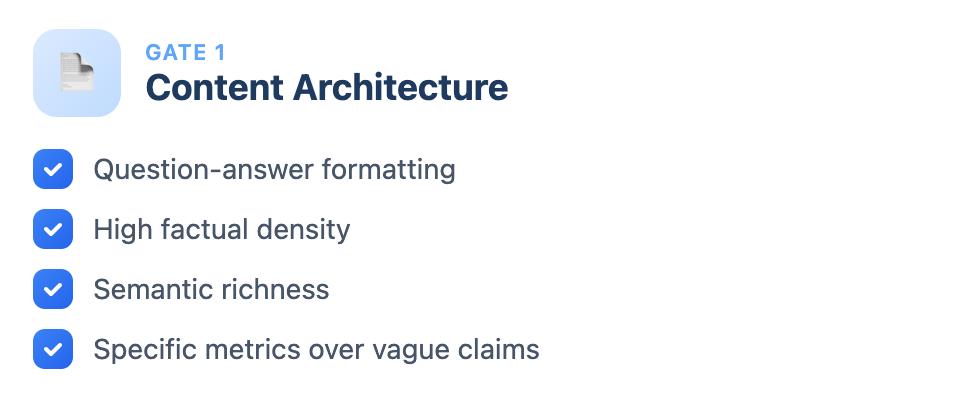
LLMs don’t skim—they parse. They extract meaning from structure. Content built around direct questions with immediate, authoritative answers signals relevance. Dense, fact-rich paragraphs outperform fluffy marketing copy every time. When your content mirrors how users phrase queries, AI systems recognize the match instantly.
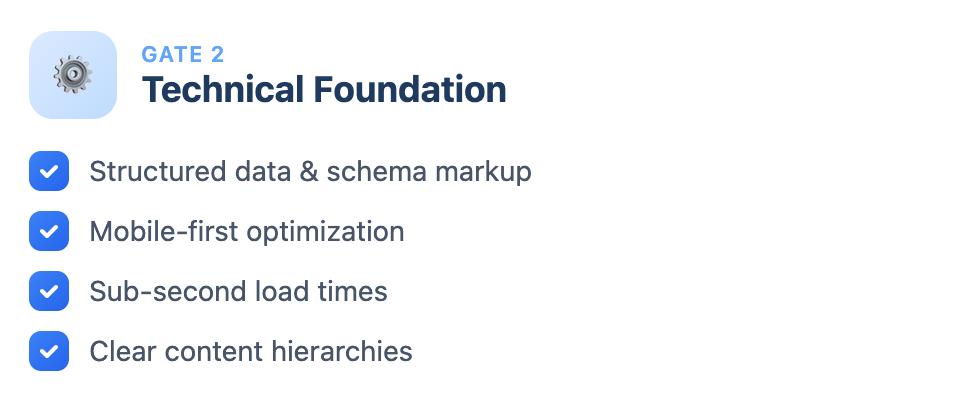
Technical SEO for AI goes beyond traditional crawlability. LLMs favor pages they can parse cleanly—structured data acts as a translation layer. Mobile performance matters because most AI interactions happen on mobile devices. Speed signals quality. A well-organized H1-H6 hierarchy tells AI exactly where to find answers.
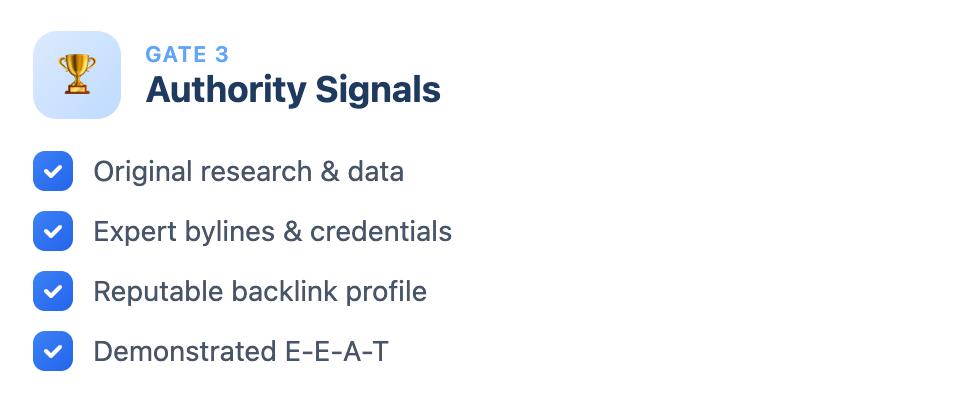
LLMs evaluate credibility through multiple signals. Original data and proprietary research create citation-worthy content. Named expert authors with verifiable credentials outperform anonymous content. Backlinks from authoritative domains compound trust signals. AI systems cross-reference sources—your authority is only as strong as the company you keep.
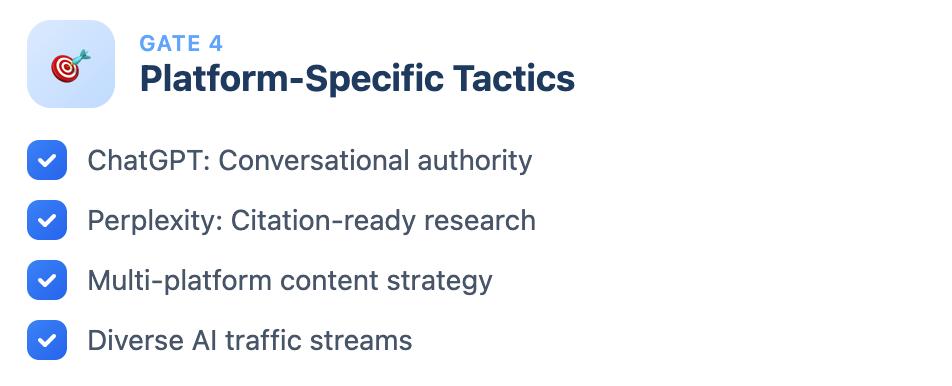
One-size-fits-all AI SEO fails. ChatGPT users seek recommendations—they want confident, direct answers. Perplexity users conduct research—they want cited sources and data transparency. Google AI Overviews pull from featured-snippet-style content. Winning across platforms means creating content layers that serve each system’s unique preferences.
Conclusion: The AI Search Imperative
Brands optimizing for AI search today will dominate their markets tomorrow. The evidence is unambiguous. AI search optimization delivers measurably superior results—140% lead increases, 600% visibility growth, and conversion rates that outperform Google by 1.6x. These outcomes reward brands that act decisively while competitors hesitate. As AI assistants become the primary discovery channel, invisibility in these systems means irrelevance to millions of potential customers. Forward-thinking agencies specializing in AI SEO have already demonstrated repeatable success across diverse industries. The window for early-mover advantage is closing. Every month of delay compounds the competitive gap. The question is no longer whether to optimize for AI search—it is how quickly you can begin.
Rate the article
